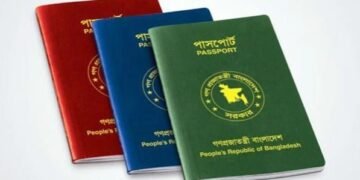Sunni lawmakers have strongly supported the law. Many of them have long argued that anti-terrorism laws have disproportionately targeted the Sunni community in the years following Iraq’s crackdown on ISIL
Iraq has announced a large-scale amnesty. The country has freed more than 19,000 prisoners as part of a move aimed at easing pressure on its overcrowded prison system, which is housing prisoners convicted of being members of the armed group ISIL.
On Tuesday (May 13), the judiciary said some people convicted of terrorism-related charges had also been legally released.
The directive also halted all executions, including those of former ISIL members. After widespread violence spread across the country in 2014, the IS affiliate once controlled about a third of Iraq, seizing key cities including Mosul, Tikrit and Fallujah. But it was defeated in 2017.
The group, known as the terrorist group, killed thousands of people during its years of control over vast swaths of Iraq. It displaced millions. Vast areas were reduced to rubble during that time. Iraqi forces later captured many of its members as they retook ISIL-held territory.
An amnesty law passed in January this year allows some prisoners convicted of involvement in armed groups to be released, retried or have their cases dismissed. However, those convicted of killings linked to “extremism” are excluded from this option.
Sunni lawmakers have strongly supported the law. Many of them have long argued that counterterrorism laws disproportionately targeted the Sunni community in the years following Iraq’s crackdown on ISIL.
Detainees will now be able to request a review of whether confessions were extracted through torture or coercion while in custody, under new guidelines.
After a meeting in Baghdad chaired by the president of the Supreme Judicial Council, Fayek Zeidan, officials confirmed that 19,381 prisoners had been released from January to April.








































































